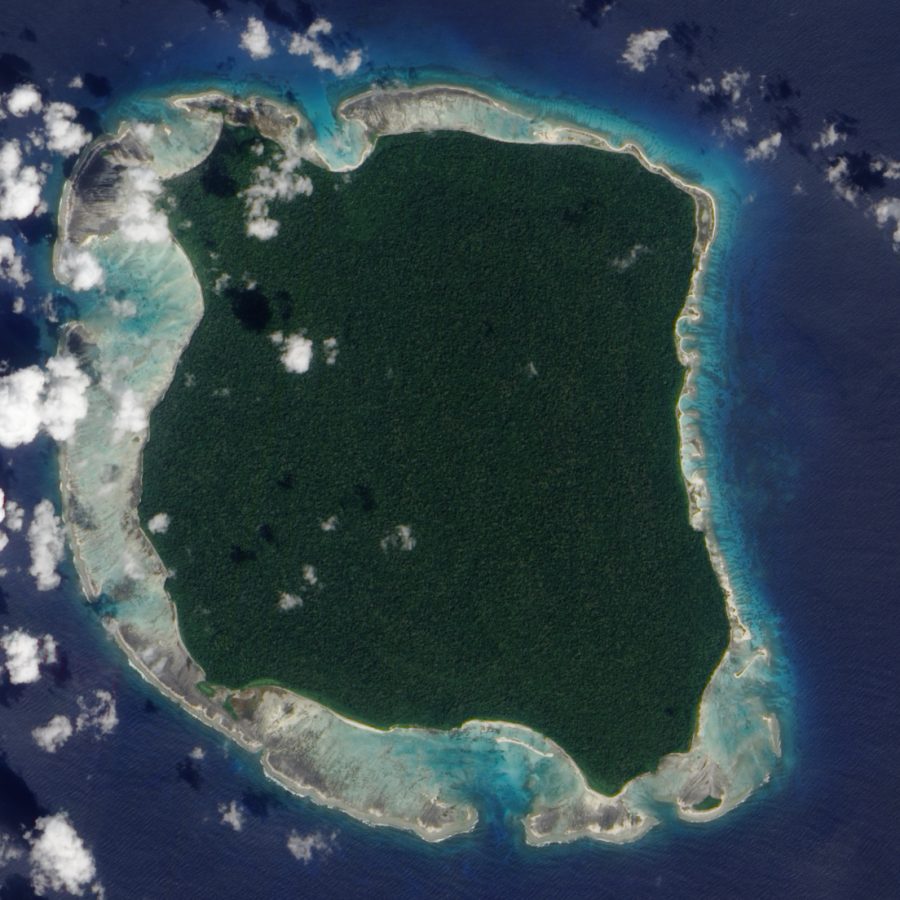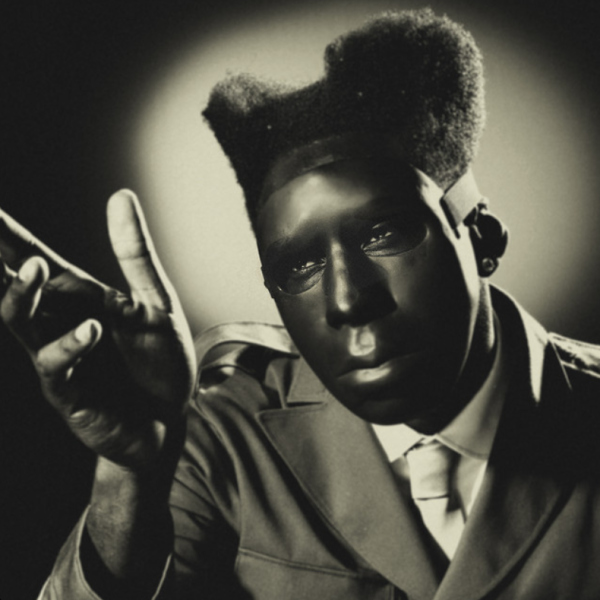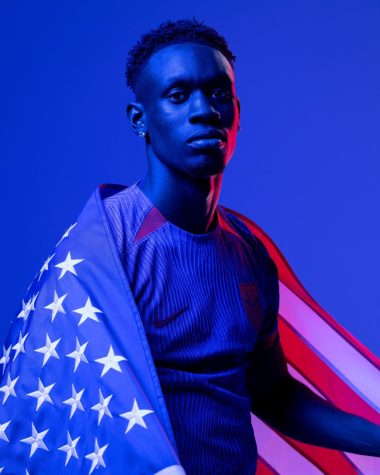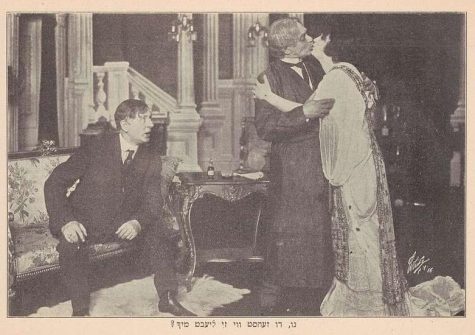The controversy behind John Chau and the Sentinelese people
The difficulty of retrieving Chau’s body and allowing his death to go unpunished has sparked outrage across the U.S.
John Chau, an American missionary, recently visited a small island in the Bay of Bengal to spread Christianity to the isolated Sentinelese people. Chau was a graduate of Oral Roberts University and an enthusiastic traveler who bribed local fishermen to take him to the remote island. Known for their aggressive protection of their land, the Sentinelese responded to Chau’s mission with lethal force, murdering him on sight.
The Sentinelese are aborigines and one of the few uncontacted groups of people in the world. They have inhabited the island of North Sentinel for centuries with an estimated population of around 300 people. They utilize fire, cook fish, eat picked fruit and live in huts, using bows, arrows and spears as weapons. in 1956, the Indian government created the Protection of Aboriginal Tribes Regulation to make it illegal to attempt contact or venture within five kilometers from island’s shore to ensure the safety and health of the Sentinelese.
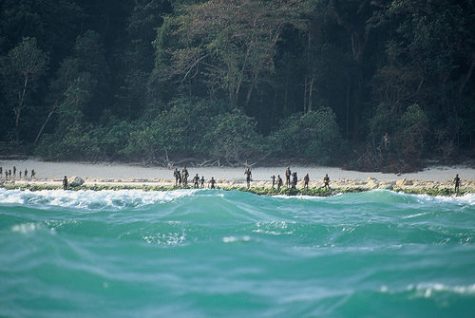
(Christian Caron – Creative Commons)
The challenge of retrieving Chau’s body and the United States allowing his death to go unpunished has been subject to controversy. Stephen Corry, director of tribal rights organization Survival International, said that Indian authorities should halt their efforts to retrieve Chau’s body because it would be dangerous for both them and the Sentinelese. The Sentinelese are extremely prone to diseases from the outside world because living in isolation has prevented them from getting immunizations. If they were to come in contact with an outsider who had a sickness as simple as the common cold, their entire civilization could be subject to extinction.

(Right Livelihood Award Foundation)
Recently, an unnamed anthropologist said, “We have decided not to disturb the Sentinelese. We have not tried to contact them for the past many days, and have decided not to continue trying.” In this case, the unnamed anthropologist has made the correct decision in respect to the Sentinelese. He referenced that avoiding any possible conflict with the Sentinelese would be in both of their best interests in maintaining further safety. The Sentinelese become protective of their land and will attack on-sight if they feel threatened, so authorities respect their decision to not make any contact with outsiders.
The debate over aborigines and their rights will remain a highly-contested issue. Should the Sentinelese be prosecuted over the killing of John Chau, or do India’s laws make it clear that not trespassing is safer for everyone?
The bottom line is that the Indian government has created laws that adamantly protect the Sentinelese. As long as outsiders obey those laws, there will be no conflict. Laws are put into our society to maintain order, and in this case, Chau chose to disobey the laws and invade the Sentinelese peoples’ land, knowingly endangering both himself and the tribe.
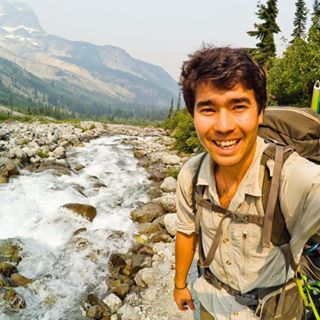
(@johnachau, Instagram)
In Chau’s case, the Indian government should not attempt to retrieve his body. They have made the correct decision for the safety of their own workers and the tribe itself. Chau was aware of the potential conflict he would encounter and knew the illegal gravity of the choices he was making.
In 2006, two fishermen were illegally fishing along the North Sentinel coast and got caught in the strong currents. They were later murdered by the Sentinelese. One could argue that these men were not attempting to harm the Sentinelese or attempt to make any contact with them – however, they were still fishing in an illegal location and put themselves at risk of provoking the Sentinelese people.
T.N. Pandit, an anthropologist and regional head of India’s Ministry of Tribal Affairs, visited the Sentinelese in 1967 during an exhibition trip. At first, the Sentinelese hid but later attempted to shoot at them with arrows. Pandit’s team was met with animosity, as the Sentinelese became protective of their land even though they were offered gifts such as pigs, pots, pans, tools, and coconuts. In 1991, his group finally saw some success as they were approached by the Sentinelese while on their boats, but their goals weren’t met due to the Sentinelese’s clear skepticism of outsiders. Pandit was adamant that all of the expedition members were checked for diseases and cleared before they arrived on the island in the best interest of the Sentinelese.
Whether or not the Sentinelese are justified in their killing of Chau, 27, is undecided. However, the Indian government is right to prevent people from coming in contact with this tribe. The Sentinelese wish to be isolated, and both the Indian and U.S. governments, as well as all outsiders, should respect their right to live in peace.
Email Nicholas at [email protected].

